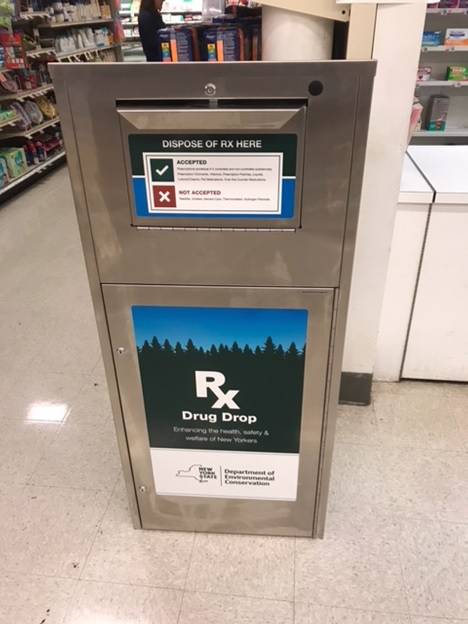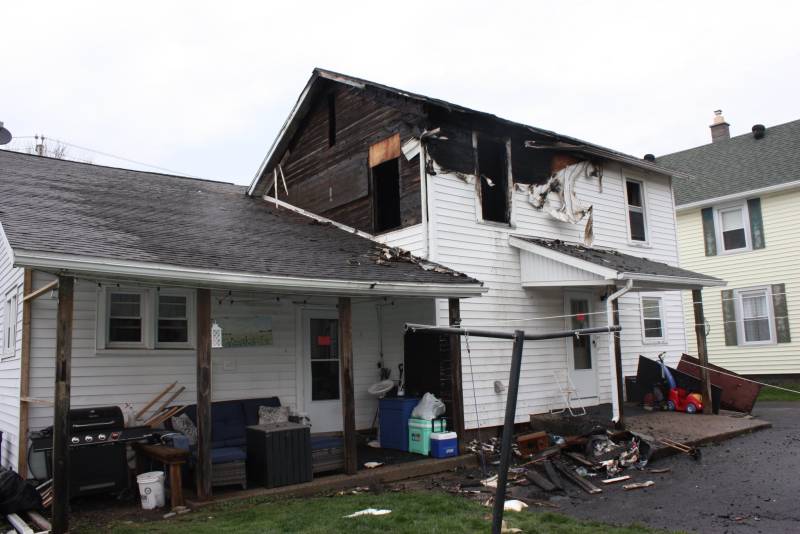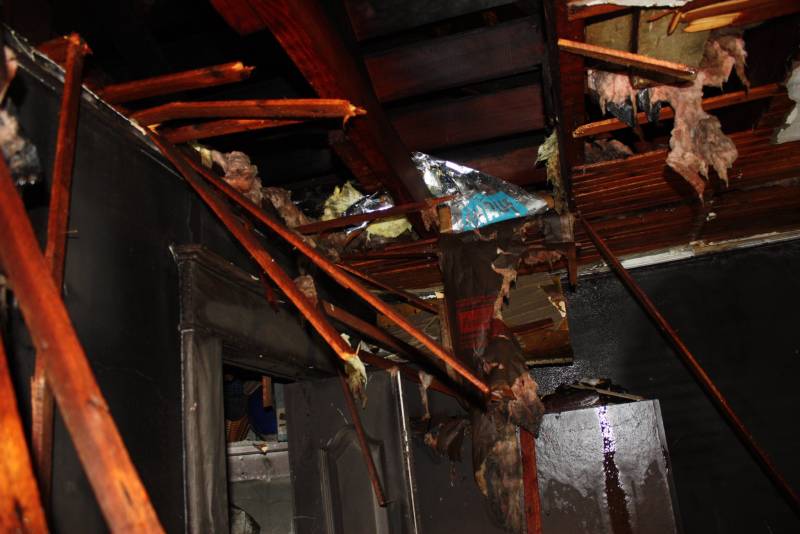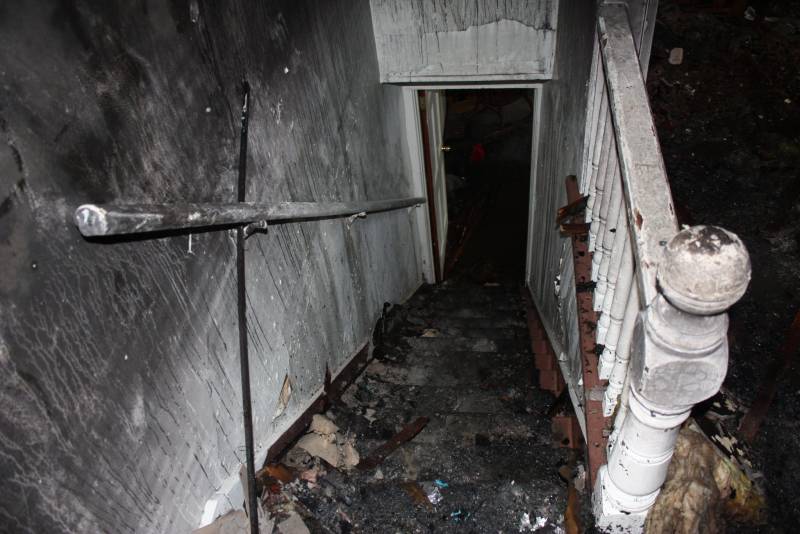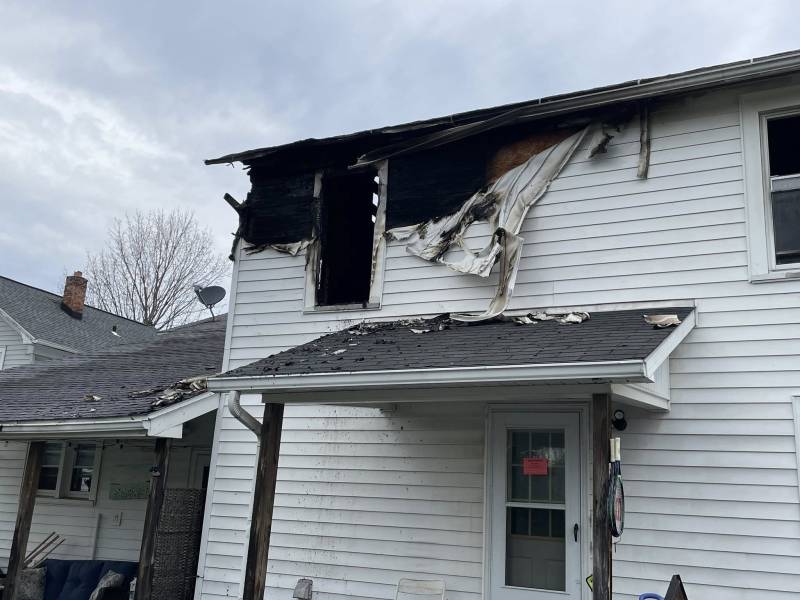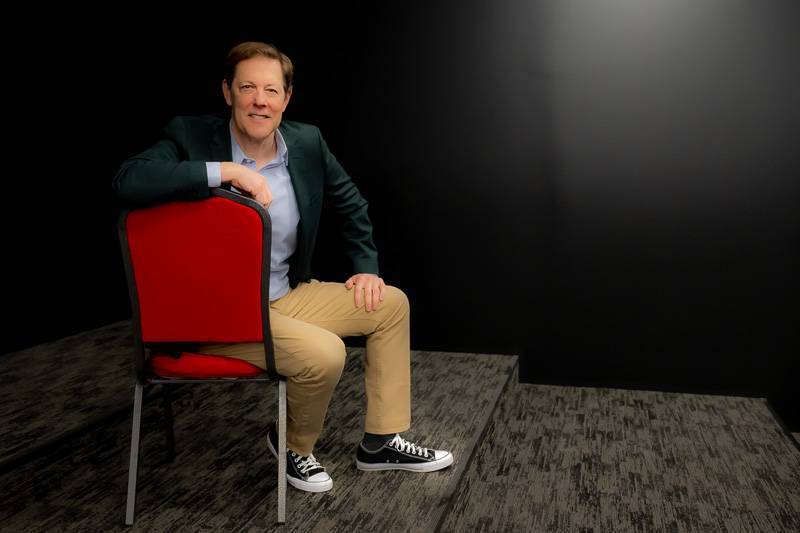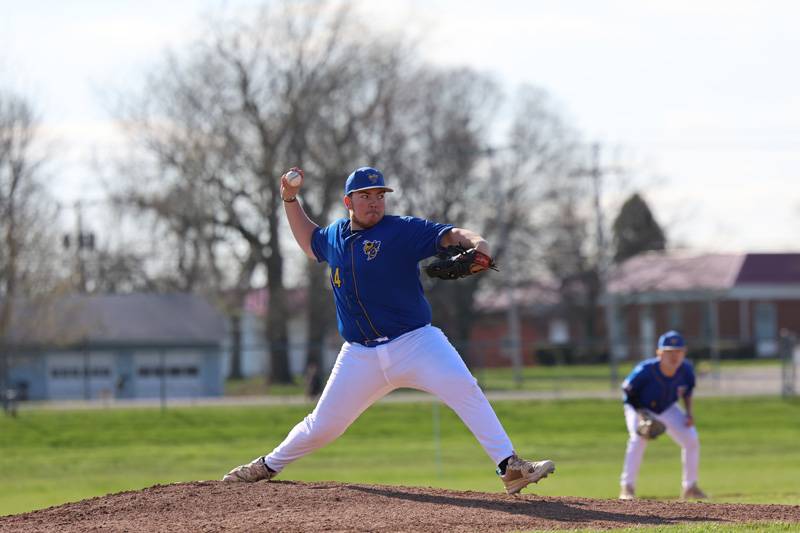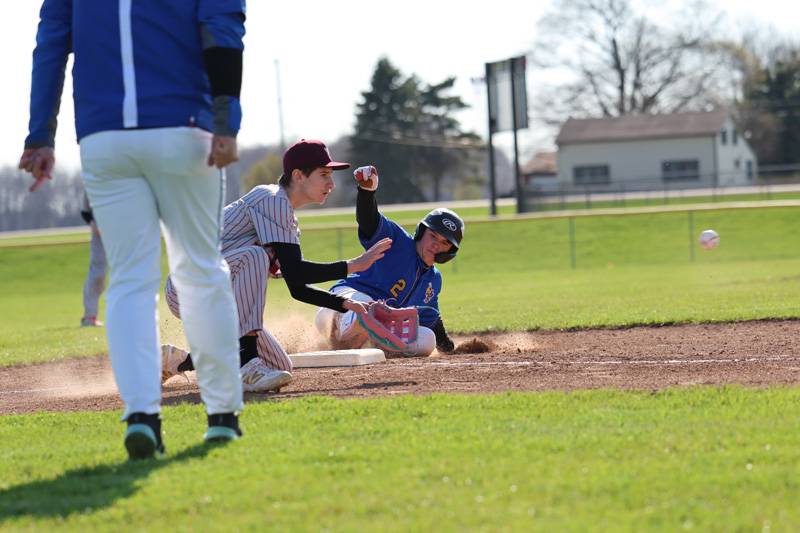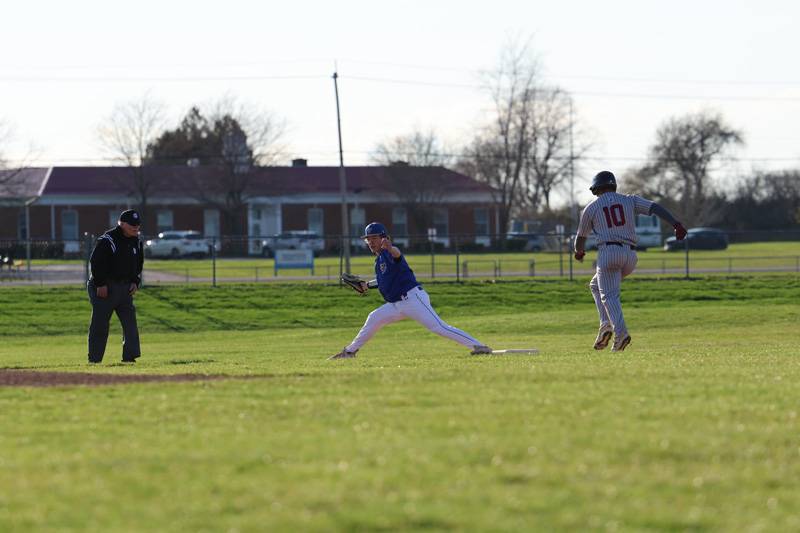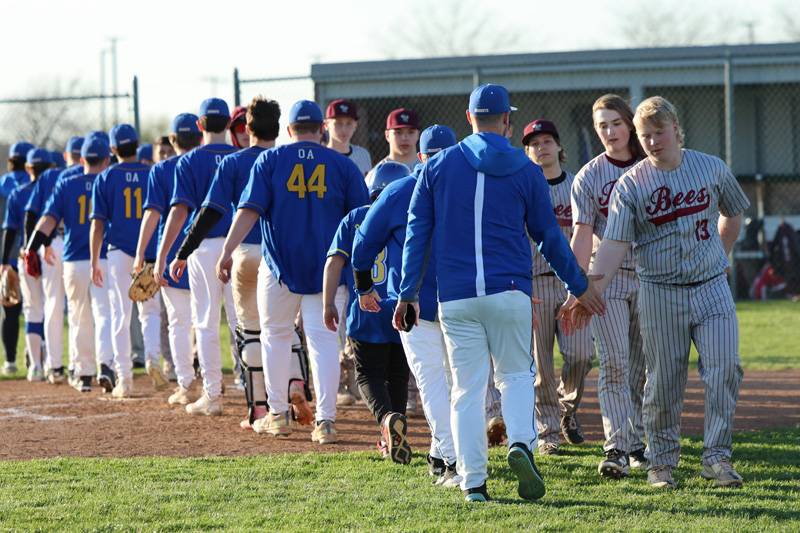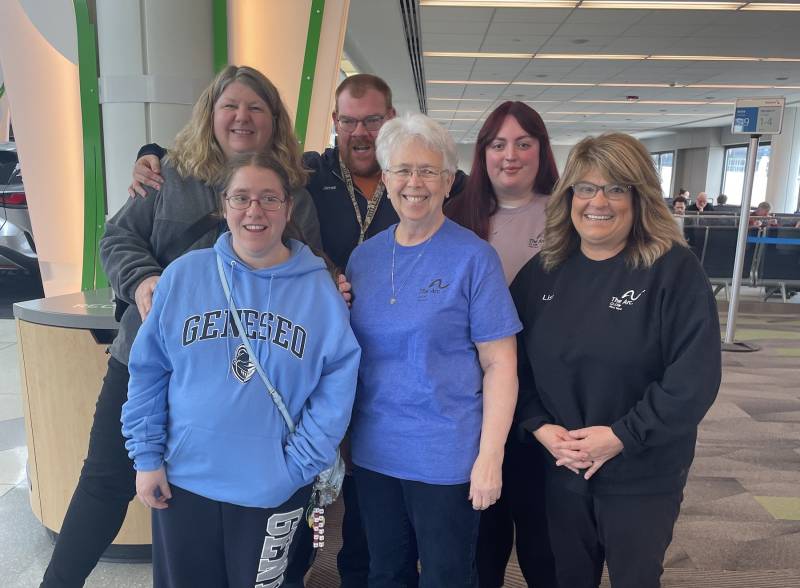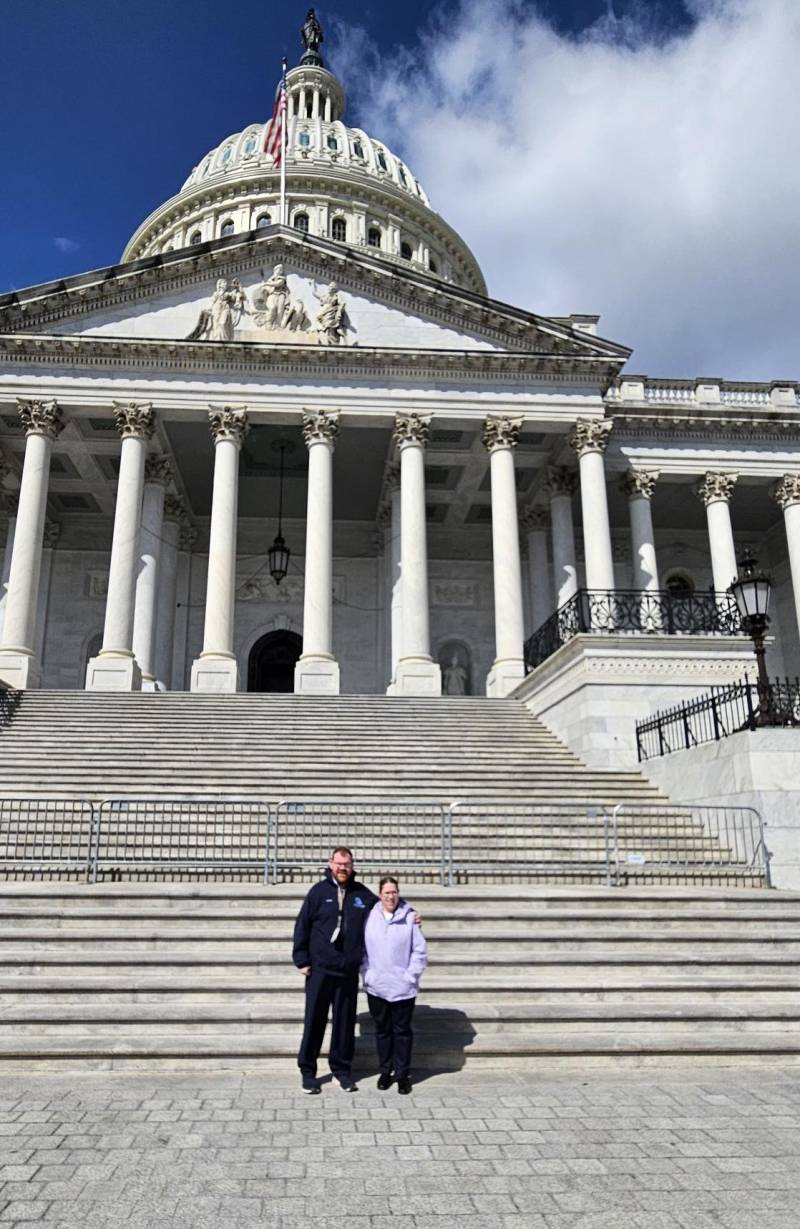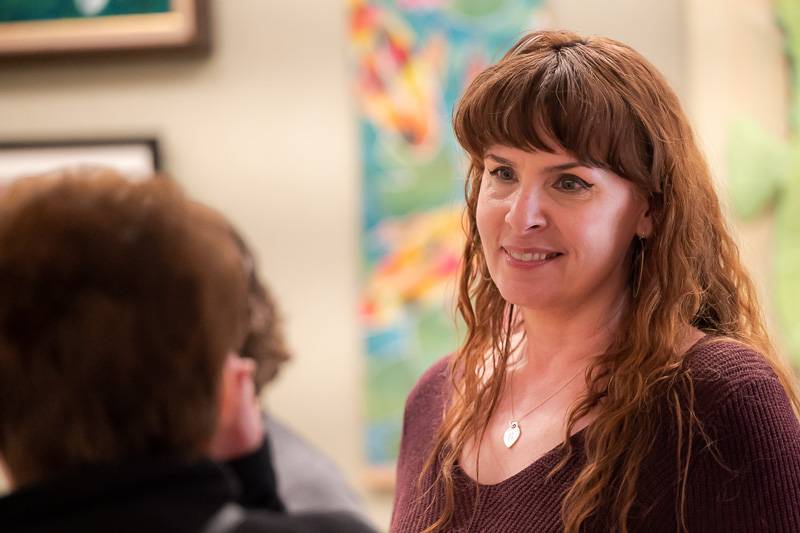Batavia teens participate in Earth Day youth summit focused on tobacco litter
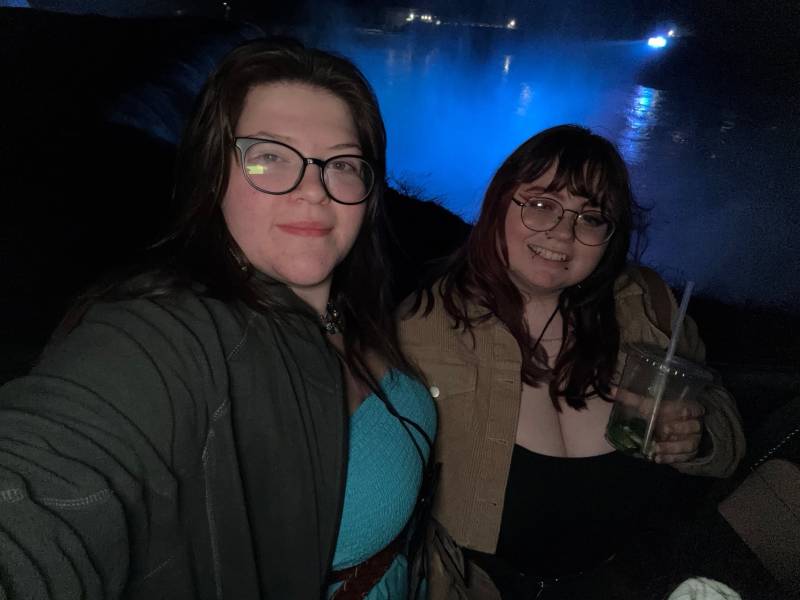
Submitted photo.
Press Release:
More than one billion people in 200 countries around the world will celebrate Earth Day on April 22. Reality Check teens started the celebration early by participating in a 3-day Earth Day Summit in Niagara Falls from April 13-15.
Seniors from Batavia High School, Judith Newton and Abbi Leone, joined youth from across Western New York and the Finger Lakes to learn about the impact of tobacco products and the tobacco industry’s manipulative and deceptive marketing tactics that attract and addict youth to nicotine.
The Summit was broken into two parts:
- Monday, April 14 – a day of education with speakers from the Public Health Law Center, Monroe County Department of Environmental Services and Roswell Park Comprehensive Cancer Center, and sessions with youth leaders from all regions.
- Tuesday, April 15 – “A Day of Poster Making” where youth created posters promoting cleaner, greener tobacco-free environments for Earth Day to display in their communities. Messages encouraged audiences to “Make Every Day Earth Day,” by eliminating tobacco product use and picking up tobacco product litter polluting our environment.
“This summit provides a platform for young people to share their ideas, concerns, and solutions for environmental challenges caused by tobacco products and the tobacco industry,” said Brittany Bozzer, Reality Check Coordinator, Tobacco-Free Genesee,
Orleans, Wyoming (TF-GOW). “It also helps shape the next generation of environmental leaders who will not only become active participants in protecting our environment, but to become champions for policy changes and solutions in their communities.”“Tobacco doesn’t just negatively impact our health as individuals, it also endangers the health of our environment,” said Judith Newton, a senior at Batavia High School. “E-cigarette and cigarette waste makes its way into the environment and pollutes water, air and land with toxic chemicals.”
Niagara Falls lights up for Earth Day message.
On Sunday, April 13, Niagara Falls was lit up in green to recognize Earth Day and the work the youth engaged in to preserve and protect the natural surroundings of this natural wonder.
Tobacco trash is an eyesore, as well as toxic litter.
All tobacco litter, including cigarette butts, is harmful to the environment because they contain non-biodegradable plastic filters and leach toxic chemicals into the soil and water, impacting wildlife and ecosystems. The USDA estimates that about 360 billion cigarettes are consumed in the U.S. each year. Close to two-thirds of those butts — 234 billion — are tossed as litter.
Cigarettes make up the largest category of tobacco products and are the most polluted product, but as e-cigarette sales continue to rise, their contribution to environment waste is growing.
Harmful Components:
- Cigarette butts contain filters made of non-biodegradable plastic (cellulose acetate) that can take years to decompose.
- These filters contain and trap toxic chemicals, including nicotine, pesticides, and heavy metals (like arsenic and lead) that can leach into the environment.
- These chemicals can contaminate soil, water, and harm wildlife.
Environmental Impacts:
- Water Pollution: Cigarette butts can be washed into drains and waterways, contaminating rivers, beaches, and oceans.
- Soil Contamination: The chemicals from cigarette butts can seep into the soil, potentially harming plants and organisms.
- Wildlife Harm: Animals can ingest cigarette butts, leading to poisoning or other health problems.
- Plastic Pollution: Cigarette butts are one of the most common types of litter, contributing to the overall problem of plastic pollution.
Beyond Cigarette Butts:
- The entire tobacco lifecycle, from cultivation of tobacco crops to disposal of cigarette butts, has significant environmental impacts.
- Tobacco farming can lead to deforestation, soil erosion, and water pollution.
- Tobacco product packaging also contributes to waste and litter.
By addressing cigarette butt litter, we can support smokers in their quit attempts.
Reducing the environmental impact of tobacco waste can raise awareness and potentially encourage smokers to consider quitting for their own health and the environment. For additional help, the New York State Quitline is a confidential service for all New York State residents who wish to overcome dependence on commercial tobacco products, including e-cigarettes. Free offerings include individualized coaching and assistance with quit-planning from highly trained tobacco treatment specialists, text and online chat support and free shipping of stop-smoking medications such as nicotine patches, nicotine lozenges or nicotine gum for those 18 and older.
Residents of all ages may contact the Quitline for support and educational materials. In addition, the Quitline encourages teens and young adults (ages 13-24) to text “DROPTHEVAPE” to 88709 to join “This Is Quitting,” a free texting support program for help with quitting vaping. For more information, text QUITNOW to 333888 or call 1-866-NY-QUITS (1-866-697-8487) seven days a week, beginning at 9 a.m.

